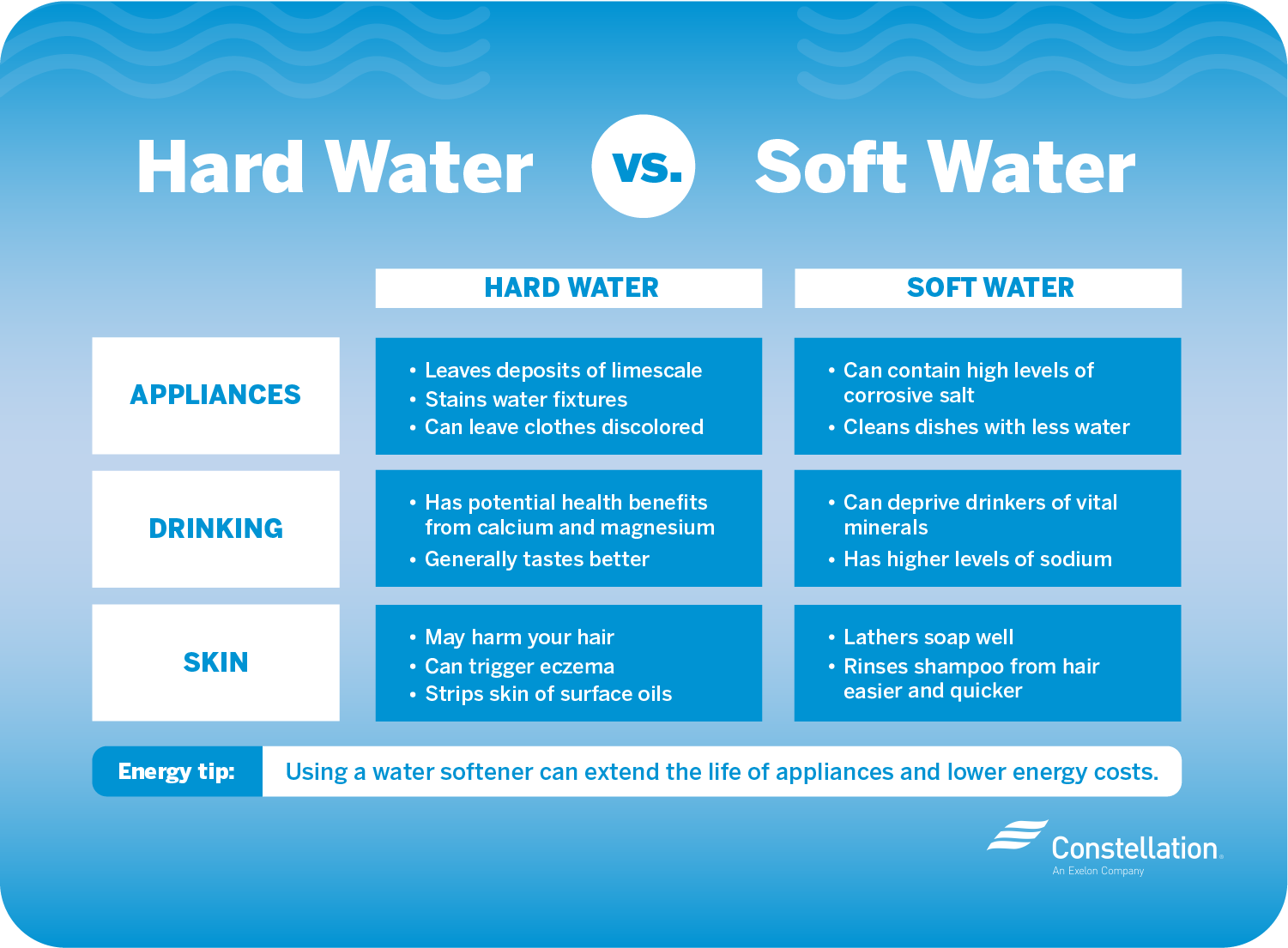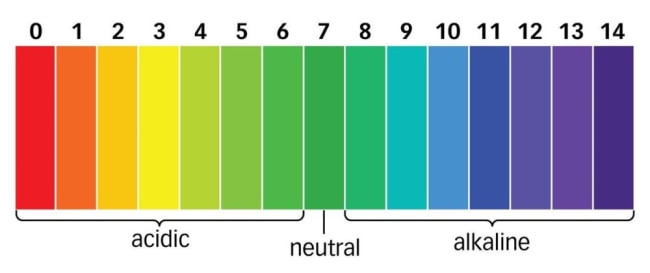Can soft water cause stomach problems?Millions of Americans drink water that might be bad for their stomachs without realizing it. There’s a chance that soft water, which is meant to keep minerals from forming, is actually making your stomach hurt. Intrigued? Come along with me as I dive into the murky world of water softening and how it can affect your gut in unexpected ways. When we’re done, you’ll know enough about water and health to take control of your own health and the water you drink.
The Relationship Between Soft Water and Digestion
Soft water reduces minerals such as calcium and magnesium through a process involving sodium-based ion exchange. While this is beneficial for plumbing and cleaning, it can have an adverse effect on digestion.
Here’s how it’s done:
- Mineral Imbalance:
Calcium and magnesium are required for several body functions, including digestion and food intake. When they are lost in soft water, it can throw off the delicate balance in your gut, which could lead to:
Bloating and gas: A lack of magnesium may limit gastrointestinal muscle activity, resulting in gas accumulation and bloating.
Constipation:
Because calcium is involved in bowel movement, its absence could prevent digestion, resulting in constipation.
Diarrhoea:
The sudden shift in mineral balance caused by soft water might cause loose stools in certain people.
- Sodium Overload:
Water softeners frequently replace minerals with sodium, which can be troublesome for people who have high blood pressure or have a low-sodium diet. Increased sodium consumption can aggravate pre-existing digestive problems and contribute to bloating and water retention.
- Altered Microbiome:
The microbiome of the gut is a complex bacterial ecosystem that effects digestion and general health. Soft water has the ability to change the composition of this microbiome, potentially causing digestive imbalances and pain.
Why is soft water not suitable for drinking?
Soft water is not essentially unfit for drinking, although it may cause intestinal discomfort in certain people for the reasons indicated above. Furthermore, the high salt level of some softened water may be problematic for those with specific health issues.
Does soft water cause acidity?
No, soft water is not naturally acidic. Its pH is generally between 6 and 8 (neutral). Individual water systems and softener types can, however, alter pH; therefore, testing your water is advised if acidity is an issue.
Why is it a problem if your water is too soft?
Excessive softness can aggravate the possible drawbacks, such as increased sodium consumption and digestion problems. To gain the advantages without jeopardizing intestinal health, aim for moderate softening.
Who should not drink softened water?
Individuals with certain health disorders, such as high blood pressure, those on sodium-restricted diets, or those with pre-existing digestive issues, should exercise caution when drinking soft water and visit their doctor if they experience any pain.
Is hard water better than soft water?

Both have advantages and disadvantages. Hard water can create scale deposits and hinder lathering, but it also contains minerals that are necessary for body functioning. Soft water addresses these difficulties, but it risks sodium overload and intestinal abnormalities. Finally, individual needs and preferences determine which option is “better.”
Is it OK to drink soft water everyday?
Yes, for the vast majority of people. If you have stomach problems after switching to soft water, consider filtering it to retain minerals, restricting your intake, or visiting your doctor.
Is Tap Water hard or soft?
Your location determines it. Municipal water sources and treatment techniques vary, resulting in varying amounts of water hardness. Testing your water can help you determine its classification.
Is soft water acidic or alkaline?
As previously stated, soft water is often in the neutral pH range (6–8). Some factors, such as softener types and local water systems, may alter this; therefore, testing is recommended if you have specific pH concerns.
Can hard water cause tummy problems?
Yes, in certain people. While hard water contains minerals, it can also include high quantities of magnesium and sulfate, both of which act as laxatives and can cause diarrhoea. Furthermore, the minerals in hard water may interact with digestive enzymes, causing pain in certain people.
What pH is soft water?

The pH of soft water is normally between 6 and 8, which is considered neutral. However, as previously stated, testing your unique water source is advised for precise pH information.
What are 3 disadvantages of soft water?
- Potential Digestive Issues: Mineral imbalances and sodium overload can result in bloating, constipation, and diarrhoea.
- Increased Sodium Intake: Some softeners substitute minerals with sodium, which might be problematic for some people.
- Altered Microbiome: Soft water may have an impact on the gut microbiota, potentially leading to digestive imbalances and pain.
How do you remove salt from soft water?
Several ways exist for lowering the salt concentration of soft water:
- Reverse osmosis filtration effectively removes dissolved minerals like salt.
- Deionization is an ion-exchange process that uses hydrogen ions to replace sodium ions.
- Distillation by boiling and re-condensing water, most contaminants, including salt, are removed.
So, can soft water cause stomach problems? The solution, like the bubbles themselves, is subtle. While it may not be the cause of the problem in every glass, it is critical to listen to your gut instincts and be aware of potential imbalances.
Keep in mind that your body is an individual ecosystem, and what works for one person may not work for another. If you switched to soft water and are now having stomach problems, not just grit your teeth and take it.


Leave a Reply